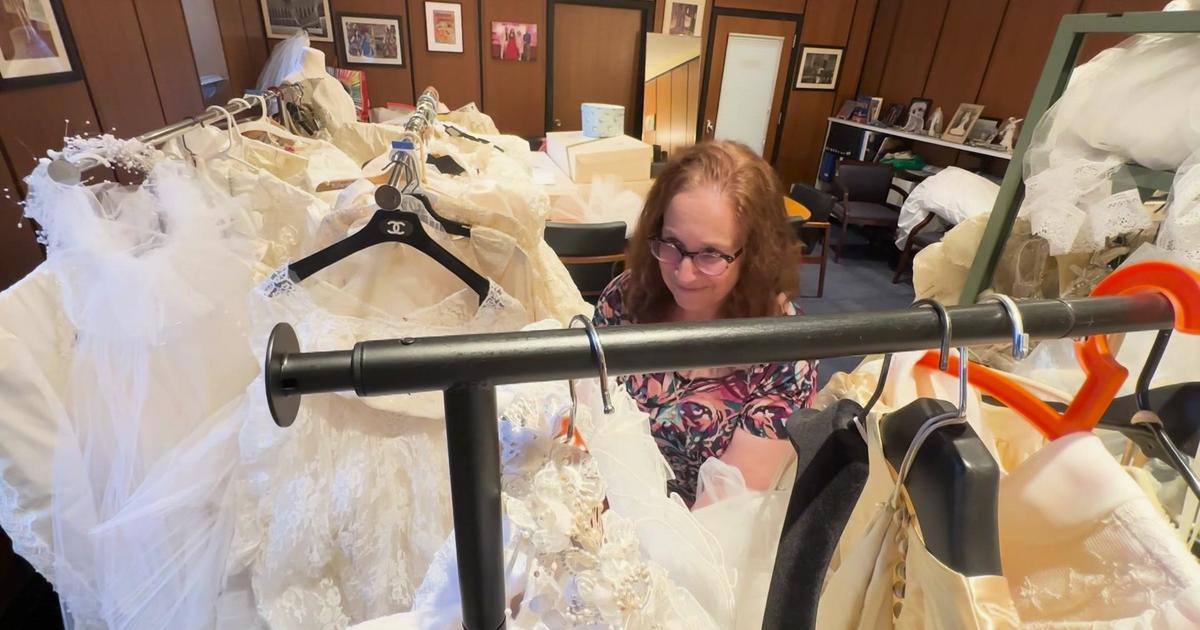Study: Father's Advancing Age Linked To Frequency Of Autism
NEW YORK (CBSNewYork) – A startling new study has linked a father's age to autistic offspring. Researchers say the new data pinpoints what could lead to a large percentage of cases, but that's not all.
Consider this: the number of men who have children after the age of 40 has increased by more than 30 percent in the last 30 years. And in the last six years the rate of autism has doubled.
Now, scientists are saying this is no coincidence.
It turns out age is more than just a number when it comes to men who want to have children.
"I think I'd like to start my family before I turn 30," Upper East Side resident Danny Hedaya told CBS 2's Hazel Sanchez on Wednesday night.
"I would say 28," another man said.
These young men may be on the right track. A new study reveals older men are more likely than younger ones to father a child with autism or schizophrenia -- and a mother's age has no effect on the risk for those disorders.
"That makes me want to have a kid a bit younger," one man said.
That's not a bad idea, according to Dr. Dolores Malaspina, a psychiatrist at NYU Langone Medical Center.
"At age 40 the risk of a woman's age producing Down syndrome is the same as the risk of a man's age to produce schizophrenia," Dr. Malaspina said.
The Centers for Disease Control said in the last six years, the rate of autism doubled from 1 in 162 to 1 in 88. The study by Decode, a genetics firm, says a father's age could be the determining factor for 15 to 30 percent of autism cases and possibly other disorders like schizophrenia.
And when those diseases are present without family history, the origin is in the man's sperm.
"As men get older the proportion of sperm with errors steadily and linearly increases," Dr. Malaspina said.
The research shows for every one year of age, two genetic mutations were discovered in children that could be linked to the father. There were up to 65 mutations in the children of 40-year-old men. The average number of mutations linked to the mother was 15 no matter her age.
"In the past we've always more or less targeted women and the age of the mother as affecting the baby. What this is really saying is the age of the father has a role and that we as physicians, when we're counseling people, need to talk about the age of both parents," said 1010 WINS' medical expert Dr. Brian McDonough.
Malaspina said she hopes the study will spark change.
"Now that we've finally shown that father's age does explain these point mutations, we can finally take the next steps to protect the children of fathers of any age," she said.
"This opens up a whole new way of thinking for medicine and also for counseling parents about the potential risks of different conditions,"Dr. McDonough said.
So as pregnant woman have tests like amniocentesis to test for Down syndrome, Dr. Malaspina said this latest study is certain to lead to tests for autism and schizophrenia.
Other experts said the findings may influence young men to collect and store their sperm for future use.
Please offer your thoughts in the comments section below ...



